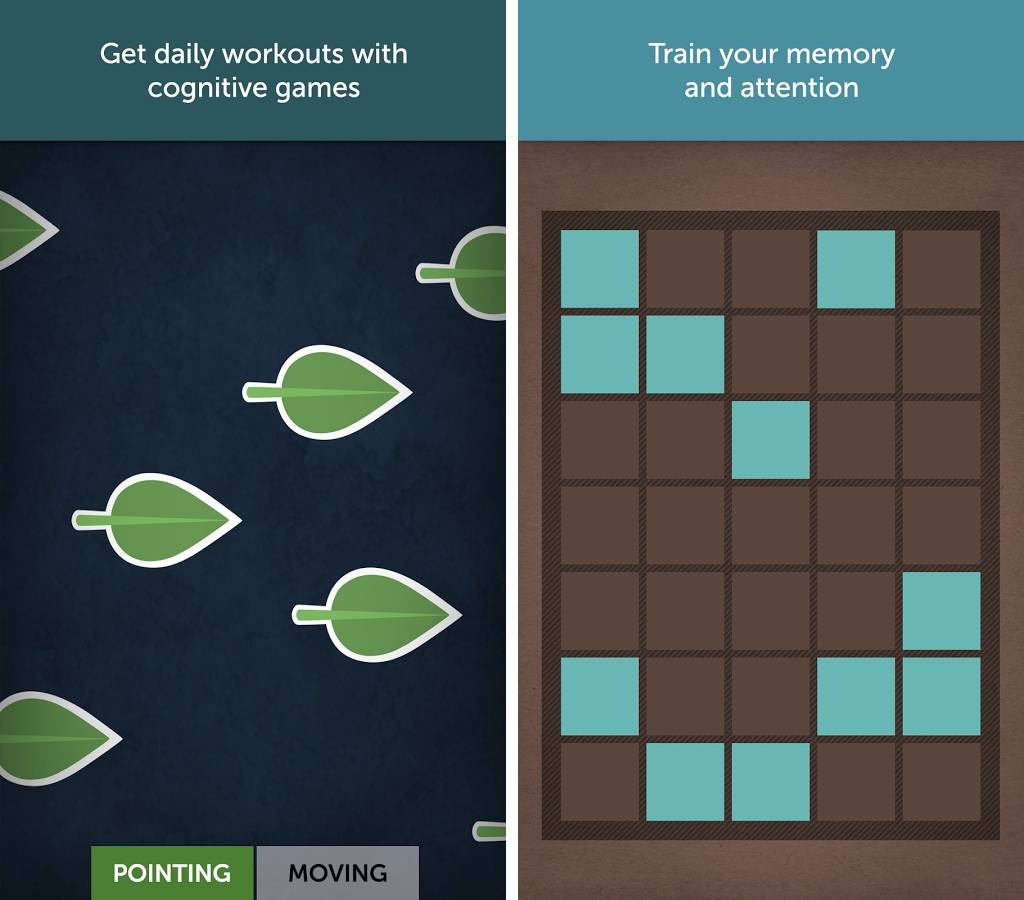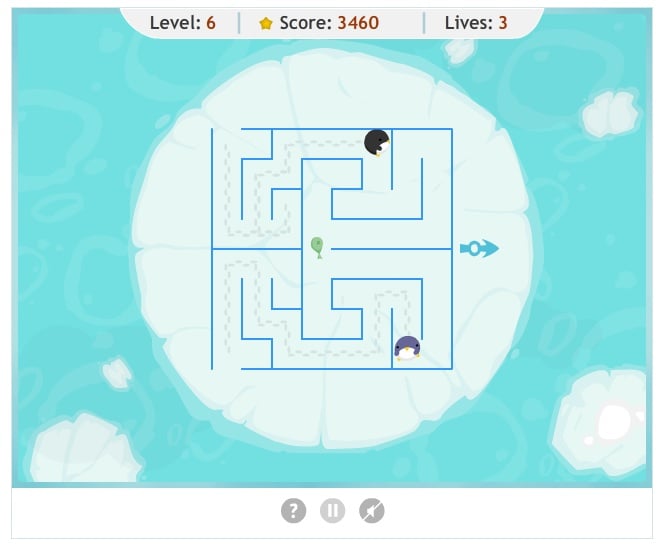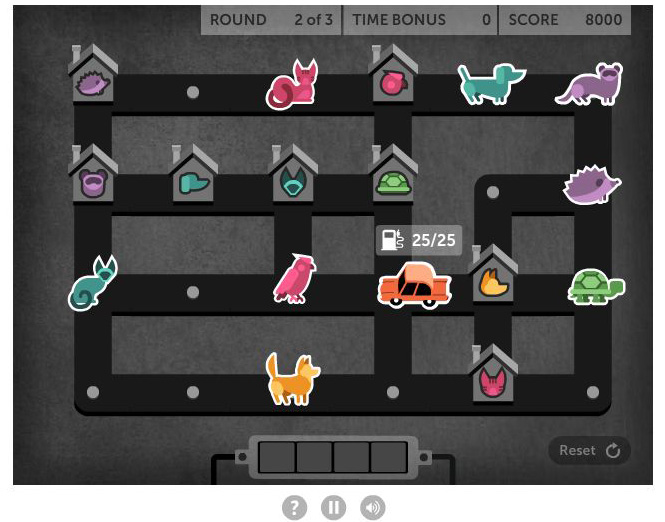
In the current work, we examine this question in a novel way by formally linking computational models of two canonical cognitive control tasks, the Eriksen flanker and task-switching task. A critical step toward building such theories is determining which latent constructs are shared between laboratory tasks that are designed to measure cognitive control. There is great theoretical and practical value in building theories that can be used to explain or to predict variations in cognitive control as a function of experimental manipulations or individual differences. However, crossword puzzles might result in cognitively beneficial remodeling between the DMN and other networks in more severely impaired MCI subjects, parallel to the observed clinical benefits.Ĭognitive control refers to the ability to maintain goal-relevant information in the face of distraction, making it a core construct for understanding human thought and behavior. Results do not support a differential impact on within-network DMN FC between games and crossword puzzle interventions.

Paradoxically, in both cases, there was a decrease in FC for games and an increase for the crosswords control (p < 0.05), accompanied by lesser cognitive decline in the crosswords group. However, secondary analyses suggest differential effects on between-network connectivity involving the DMN and SLN, and within-network connectivity of the DMN in subjects with late MCI. There were no differences between crosswords and games in the primary outcome, within-network DMN FC across all subjects.

Resting-state functional MRI (fMRI) was obtained at baseline and 18 months to evaluate differences in fMRI measured within- and between-network functional connectivity (FC) of the default mode network (DMN) and other large-scale brain networks: the executive control, salience, and sensorimotor networks.

The goal of this study was to examine the effect of CCT versus a non-targeted active brain exercise on functional cognitive networks.ġ07 patients with MCI were randomized to CCT or web-based crossword puzzles. Computerized Cognitive Games Training (CCT) is an investigational strategy to improve targeted functions in MCI through the modulation of cognitive networks. Mild cognitive impairment (MCI) represents a high risk group for Alzheimer’s disease (AD). (3) Modified goal attainment scaling can be used to generate an effect size using nonpara. (2) Modified goal attainment scaling meets several reliability and validity criteria. (1) Modified goal attainment scaling is feasible in substance use disorder treatment research. (3) There is much variability in the quality and application of goal attainment scaling. (2) Goal attainment scaling captures individualised person-centred goals. (1) Cognitive remediation is a promising intervention for people with substance use disorder. Target goals correlated more strongly than control goals with the Behavior Rating Inventory of Executive Function - Adult version.Ĭonclusions: The modified approach to goal attainment scaling demonstrated aspects of feasibility, reliability and validity. The approach was efficient and 44% of reliability and 75% of content validity criteria were met. Results: Target goals were achieved at a higher rate than control goals for the Intervention, but not Control, group, with a medium effect size (r = 0.5).

Limited efficacy and efficiency, quality appraisal criteria, and convergent and discriminant validity of target and control goals were used to examine feasibility, reliability and content validity, and construct validity, respectively. Modified goal attainment scaling was used to set goals. Method: Participants were N=25 female residents of a substance use disorder therapeutic community who were allocated to a four-week cognitive remediation (n=13) or treatment as usual (n=12) control group in a controlled sequential groups trial. The current study examined aspects of feasibility, reliability and validity of a modified version of goal attainment scaling that uses a goal menu, calculator and control goals. Objective: Although person-centred outcome measures have been recommended to evaluate cognitive rehabilitation interventions, few validated measures have been developed for this purpose.


 0 kommentar(er)
0 kommentar(er)
